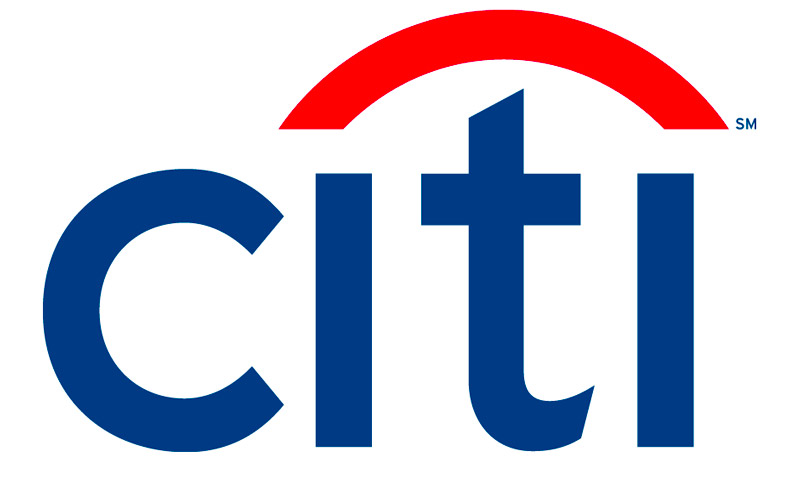| Advocates Urge Christie, Foreclosure Funds for Housing Not Budget Relief |
|
By Joe Tyrrell Governor has already agreed to request, but some worry he's playing a 'shell game' with the money Dozens of community, labor, and religious organizations are calling on Gov. Chris Christie to use New Jersey's share of money from the national foreclosure settlement for housing programs rather than to plug holes in his proposed budget. "We're appealing to his heart," said Phyllis Salowe-Kaye, executive director of New Jersey Citizen Action, as she flourished a letter to the governor signed by representatives of groups such as the American Federation of State County and Municipal Employees, the Black Ministers Council of New Jersey, Habitat for Humanity, the NAACP, and Jewish Family Services. The Mortgage Bankers Association reports that New Jersey now has the second-highest percentage of mortgages in foreclosure in the country, trailing only recession-devastated Florida. The situation could get worse soon, because the biggest mortgage lenders are resuming foreclosures here after moratoriums and a court review last year. The $75 million is part of an estimated $26 billion to be paid by five major banks to settle cases of foreclosure fraud across the nation. "It should go where it was intended to go" under the settlement, "to help struggling families," Salowe-Kaye said at the Statehouse. She and her allies support two initiatives that are moving to votes in the Legislature. One would let towns use existing trust funds, established from developer contributions, toward turning foreclosed and bank-owned homes into affordable housing. Another attempts to police "scammers" who make extravagant promises of foreclosure relief. State Sen. Raymond Lesniak (D-Union) is among several leading Democrats pushing the bill to allow municipalities and nonprofits to acquire homes in foreclosure to meet affordable housing requirements. The legislation would create a temporary agency, the New Jersey Foreclosure Relief Corp., to work through the state Housing and Mortgage Finance Authority for five years, much like the Federal Resolution Trust cleaned up troubled assets of failed savings and loans during the 1980s. Lesniak predicted the move will pass both houses of the Legislature, "but I don't know where the Governor is" on the idea. "I hope to have his support," he said. The Governor's Office did not respond to requests for comment today, but has previously said the federal funds could go toward the state's existing housing programs. But a main reason for launching the publicity campaign is that the Governor's budget "is playing a shell game" with the money, said Staci Berger, director of policy and advocacy at the Housing and Community Development Network of New Jersey. "Yes, the Treasurer is putting the foreclosure settlement funds into existing programs, but only to replace funds that he's taking out of them to put into general revenue," Berger said. The situation gets worse, she said, because the Administration also plans to seize the municipal trust funds to paper holes in the budget, and is projecting them higher than they currently are. Even if that move survives legal challenges, "the Governor may be relying on money that isn't there." Republican governors in Wisconsin and Indiana also have diverted foreclosure settlement money into their general revenues, a practice criticized by the housing advocates. But they said it would be even more "fiscally irresponsible" in New Jersey, given the size of the state's foreclosure problem. Administration officials have estimated there is a 50,000 to 100,000 backlog of pending foreclosures, plus new cases being filed. Given those figures, the housing advocates acknowledged $75 million is not a lot of money. But they said it could seed programs such as Lesniak's bill and one to clarify and limit the types of fees charged in mortgages and modifications. Assemblyman Gary Schaer (D-Passaic) said his bill would curb "scammers" who take advantage of people facing foreclosure, charging large amounts to promised modifications that may not materialize. But he described that as more "after the fact" than steps to keep people in homes and counsel them when they receive foreclosure notices. Increased support, as from the settlement funds, is vital, said Raymond Ocasio, executive director of La Casa de Don Pedro in Newark. He has "two-and-half" counselors to handle 300 current foreclosure cases, he said. "There's also a great opportunity to save" buildings and neighborhoods, by converting vacant structures and lots into affordable homes, Ocasio said. While pointing to successes, he said that without more attention from policymakers, the large number of New Jersey homes sitting unoccupied while in foreclosure "will be the vacant lots of the future." The rising concern about the housing market and foreclosures in New Jersey came amid mixed reports Wednesday on trends nationwide. The inventory of homes in foreclosure last month, 1.4 million, was unchanged from a month ago, although down about 100,000 in a year, according to the housing data firm CoreLogic. More homebuyers are interested in foreclosed properties, and 92.1 percent would use them as principal residences rather than as speculative investments, according to a survey commissioned by Realtor.com. That has been a particular problem in New Jersey, where the Trenton-Ewing area last year had the largest price gap between foreclosed properties and those being sold voluntarily. But pending sales of existing homes dropped by 5.5 percent in the month, the most in a year, according to the latest figures from the National Association of Realtors. The Northeast was the only region to buck the trend, but overall numbers still are up almost 15 percent from a year ago. |














